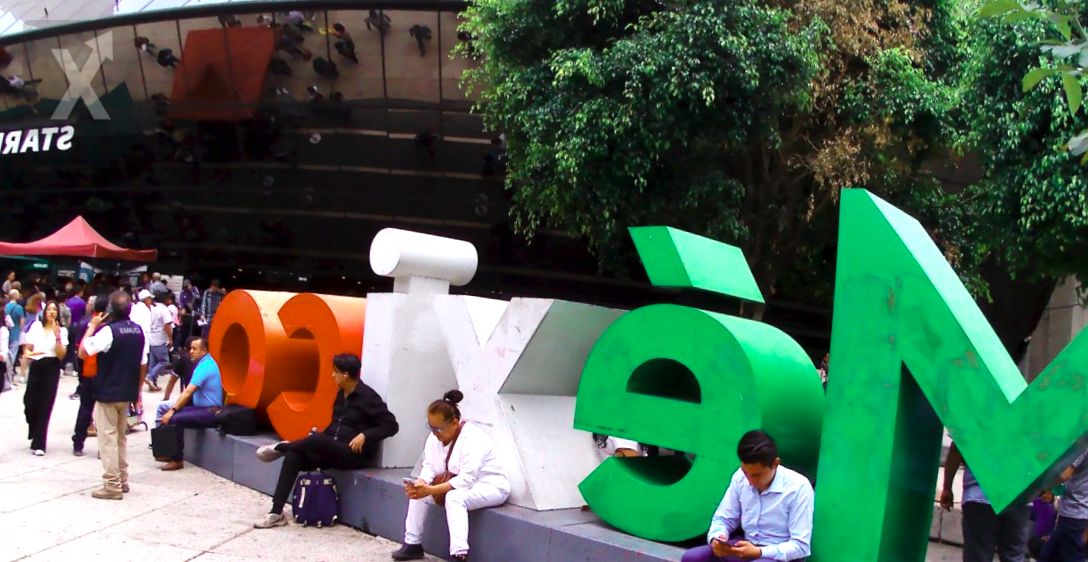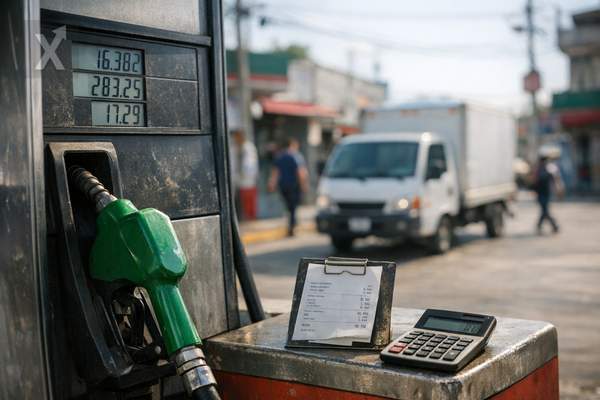Obstacles in Tax Refunds: An Analysis of the New SAT Process

The setbacks of the past and the Tax Administration Service’s (SAT) efforts to correct them are affecting the speed at which refunds of overpaid taxes are being processed for those taxpayers who filed their tax returns in April. The authority has detected a high number of improper refunds in previous years and is implementing adjustments to improve its verification processes, according to Rolando Silva, Vice President of Taxation at the Mexican Institute of Public Accountants (IMCP).
“Now, the SAT is making more careful decisions regarding refunds. This is partly because they are adjusting their systems to automate several auditing procedures. As a result, some of the new measures being implemented might be perceived as complications,” Silva stated. Some taxpayers have noticed that this year the tax authority is taking longer to issue deposits for refunds compared to previous years. According to the law, the SAT has a 40-business-day period to make these refunds, but due to digitalization, automatic refund processes can take up to 15 business days, provided there are no errors or discrepancies. Additionally, unlike previous years where refunds were typically issued automatically, many taxpayers in 2025 have had to manually submit an Electronic Refund Form, attaching documents to justify income and deductible expenses. Some who reported overpayments have also not received the full amount the SAT had automatically indicated when they filed their annual return. “The situation has changed significantly, not only in this administration but has also been seen in the previous one, although less drastically,” commented Jesús Guillermo Mendieta González, a member of the Technical Commission on Tax Auditing of the College of Public Accountants of Mexico (CCPM).
Currently, the SAT is applying the law in its entirety, which means it can take up to 40 days to process refunds, as outlined in the tax code. This rule is not new, and personal deductions and essential expenses for individuals with business and professional activities are also under review, added the CCPM specialist. This situation occurs amid a backdrop of reduced public revenue due to decreased oil sales, which plummeted by 100.325 billion pesos below budget expectations in the first quarter of the year. Experts warn that due to lower economic growth this year, revenues from taxes like VAT and income tax are losing strength. According to SAT figures, by 8 a.m. on April 30, a total of 27.212 billion pesos had been refunded, stemming from 4.661 million returns presented and reviewed. These figures are preliminary and indicate a decline, both in absolute terms and in average per return, when compared to refunds issued in April 2024. According to Deputy Secretary of Revenue, Carlos Lerma, this month, automatic refunds are being processed in an average of eight business days.
The current landscape of the SAT reflects the need to balance tax security with streamlined processes for taxpayers. While it is crucial to detect and correct errors in refunds, it is also important not to hinder the flow of capital that allows taxpayers to continue functioning effectively. In a challenging economic context, ensuring these reimbursements are processed efficiently could positively impact the economy in the long run.






